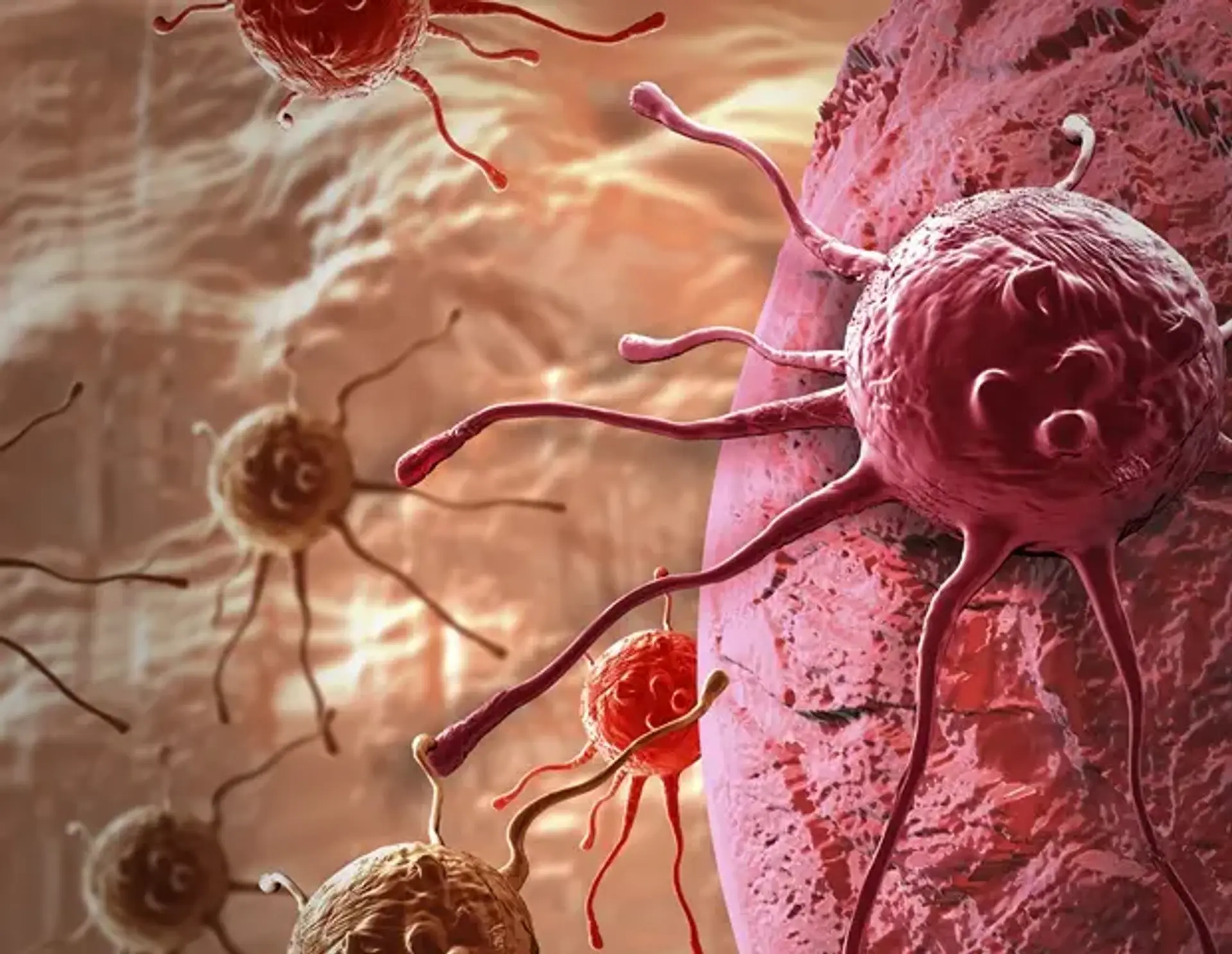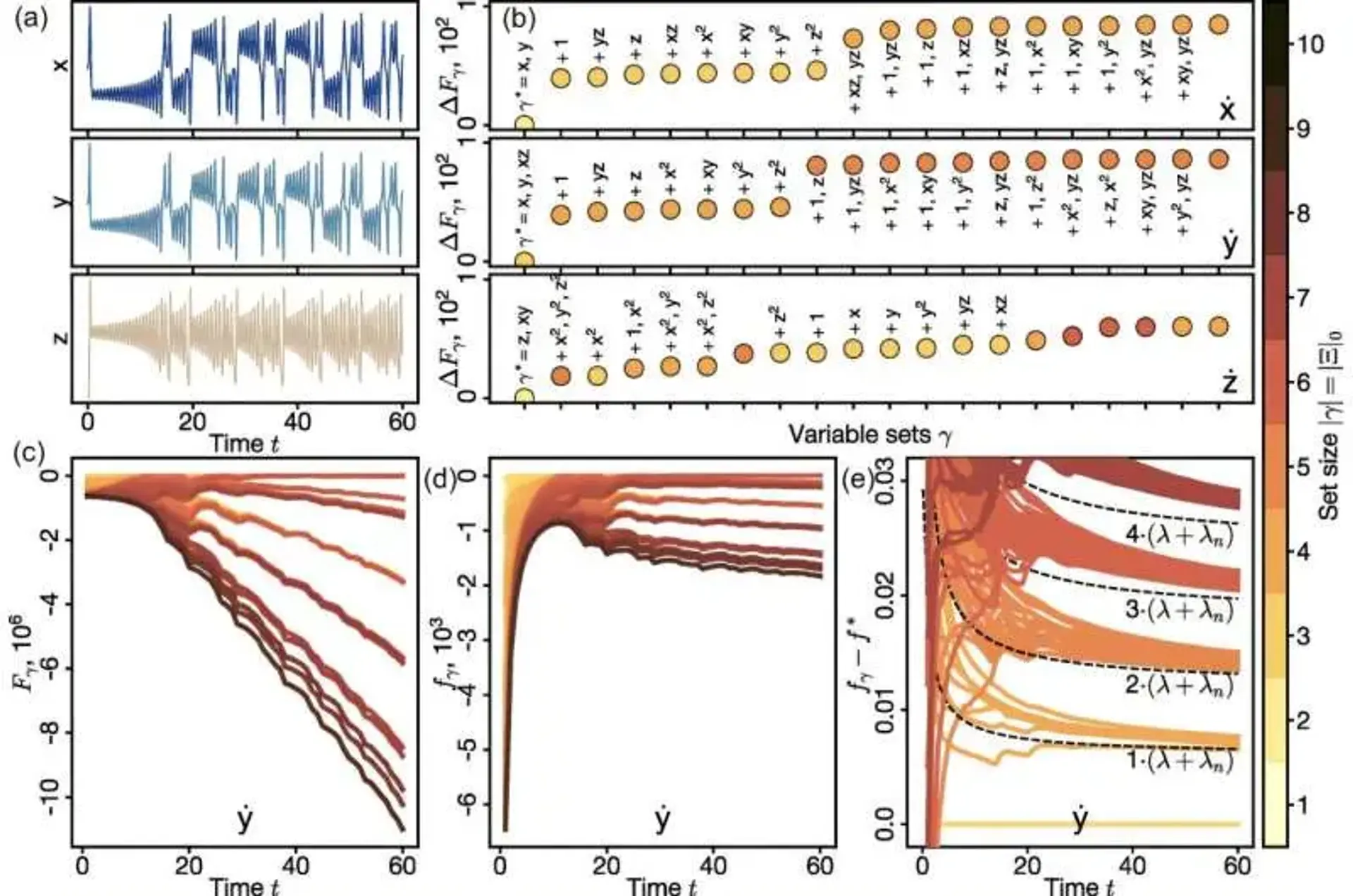Researchers have created Vesalius, a new AI tool designed to analyse the spatial relationships between cancer cells and their surrounding environment. This computational method aims to help clinicians understand how cancer cells interact, potentially leading to breakthroughs in treating difficult cancers.
Vesalius analyses entire tissue samples to identify spatial patterns that correlate with therapy response. By mapping cellular states across diverse samples, the tool identifies tumour and immune cell subpopulations that may drive resistance in hard-to-treat cancers. This approach differs from traditional methods that examine individual cells, instead treating the tumour as an ecosystem where cell interactions influence disease progression.
The AI tool could help identify predictive biomarkers, improve cancer diagnostics, and enable personalised therapy strategies. Vesalius utilises image analysis techniques to recover complex tissue territories, offering insights into tissue morphology and gene expression.




